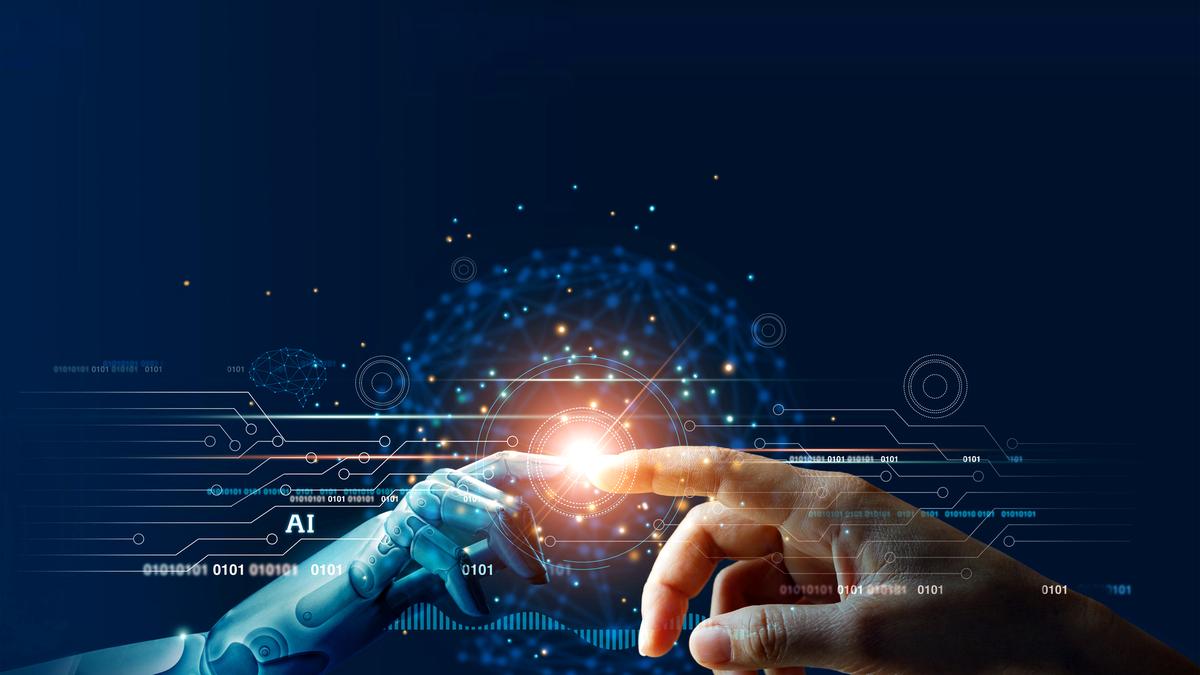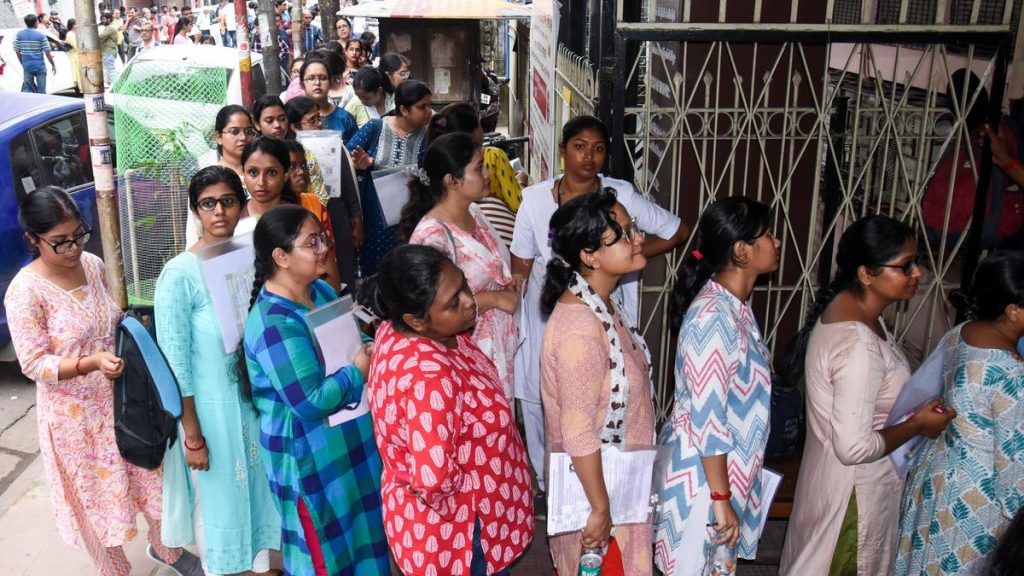Now Reading: The Human Toll of Artificial Intelligence
-
01
The Human Toll of Artificial Intelligence
The Human Toll of Artificial Intelligence

fast Summary
- AI Dependency on Human labor: AI systems rely on human data annotation to process and understand raw information, which machines cannot interpret inherently.Annotators label images, audio, video, and text to create training datasets for AI models.
- Workers and Working Conditions: Most annotation work is outsourced by large tech companies to developing countries like India, Kenya, Pakistan, Philippines, and China. Workers often face low wages and long hours. In severe cases reported in Kenya in 2024, workers described conditions as akin to “modern-day slavery.”
- Labelling Types: Annotation can be non-specialized or subject-specific; errors often arise when non-experts label technical data (e.g.,medical scans). Companies are beginning efforts to rectify such practices.
- Mental Health Effects: Exposure to graphic content during content moderation has caused severe mental health issues like anxiety and PTSD among workers. Children have reportedly been engaged in specific tasks requiring human movements or sounds training for AI systems.
- Lack of Transparency: Work is outsourced through intermediary platforms with fragmented supervision of subcontracted gig workers who are paid per microtask performed under strict time pressures. Workers may not even know the company they’re working for due to anonymity within the supply chain networks.
Indian Opinion Analysis
The article sheds light on the intricate relationship between humans powering artificial intelligence systems globally-and India’s involvement as a meaningful source of low-cost labour for data annotation tasks essential for machine learning advancements highlights India’s key role in shaping global AI while simultaneously raising ethical concerns over fairness in labour practices.
This reliance gives India an economic opportunity but concurrently risks perpetuating exploitative working conditions visible across many developing nations engaged in similar activities-a challenge requiring urgent multi-stakeholder resolution involving regulatory frameworks balancing worker dignity against tech innovation momentum fairness
























